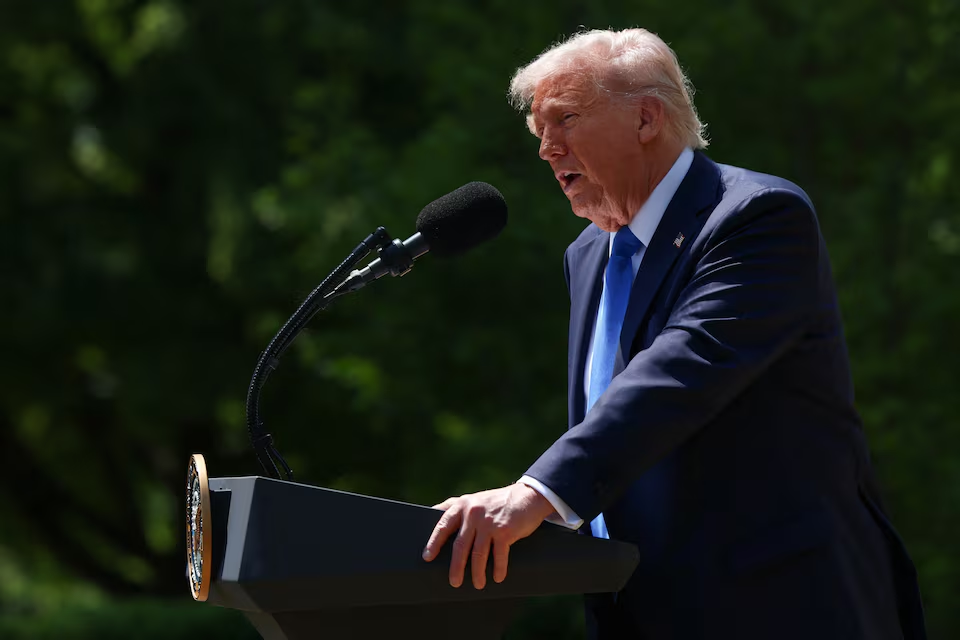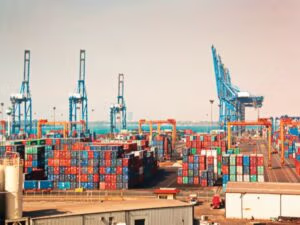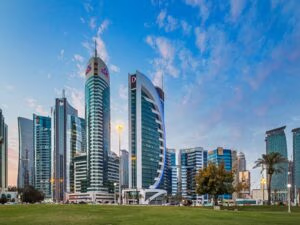U.S. President Donald Trump has reissued threats against Iran, declaring that any country or individual purchasing oil or petrochemical products from Iran will face immediate U.S. sanctions. The announcement followed the postponement of the next round of indirect nuclear talks between the two countries.
“All purchases of Iranian oil or petrochemical products must stop, NOW! Any country or person who buys ANY AMOUNT of OIL or PETROCHEMICALS from Iran will be subject to, immediately, secondary sanctions,” Trump wrote on Thursday on Truth Social.
“They will not be allowed to do business with the United States of America in any way, shape, or form. Thank you for your attention to this matter,” he added.
Since taking office in January, Trump has pursued what he calls a “maximum pressure” campaign against Iran, including tougher sanctions on oil exports and threats of military action, Xinhua News Agency reported.
Trump’s statement came after Iranian Foreign Ministry spokesman Esmaeil Baghaei announced on Thursday that the fourth round of indirect nuclear talks between Iran and the U.S., originally scheduled for Saturday in Rome, had been postponed at the request of the mediator, Oman.
Baghaei reaffirmed Iran’s commitment to diplomacy in order to safeguard the nation’s “legitimate and legal” interests and to end the sanctions and economic pressure imposed by the U.S.
Earlier in the day, Omani Foreign Minister Sayyid Badr bin Hamad Al Busaidi confirmed on social media platform X that the talks had been postponed for “logistical reasons,” adding: “New dates will be announced when mutually agreed.”
“For logistical reasons, we are rescheduling the U.S.-Iran meeting provisionally planned for Saturday, May 3,” he wrote.
Al Busaidi, who has mediated three rounds of the talks so far, did not provide further details.
Rome is preparing for the Vatican conclave next week, which will convene to elect a new pope following the death of Pope Francis. Two earlier rounds of U.S.-Iran talks were held in Muscat, the capital of Oman.
The negotiations aim to restrict Iran’s nuclear program in exchange for relief from the severe economic sanctions imposed by the U.S. amid decades of hostility. The talks have been led by Iranian Foreign Minister Abbas Araghchi and U.S. Mideast envoy Steve Witkoff.
Trump has repeatedly warned that airstrikes could target Iran’s nuclear program if no agreement is reached. Meanwhile, Iranian officials have increasingly suggested they might pursue a nuclear weapon, given their stockpile of uranium enriched to near weapons-grade levels.
Trump’s latest threat targets Iran’s key economic lifeline. According to the U.S. Energy Information Administration, Iran produced an average of 2.9 million barrels of crude oil per day in 2023.
Iran’s 2015 nuclear deal with world powers had placed limits on Tehran’s program. However, Trump unilaterally withdrew from the agreement in 2018, sparking years of escalating tensions and regional instability. The broader Middle East also remains tense amid the ongoing Israel-Hamas conflict in the Gaza Strip.
In the meantime, the U.S. continues its airstrike campaign, dubbed “Operation Rough Rider,” targeting Yemen’s Houthi rebels, who are backed by Iran. U.S. Defense Secretary Pete Hegseth issued a stern warning to Iran on Thursday.
“Message to IRAN: We see your LETHAL support to the Houthis. We know exactly what you are doing,” he wrote.
“You know very well what the U.S. military is capable of — and you were warned. You will pay the CONSEQUENCES at the time and place of our choosing.”
Last Saturday’s round of talks, which included technical discussions on the details of a potential deal, coincided with an explosion at an Iranian port that killed at least 70 people and injured over 1,000 others.-IANS





